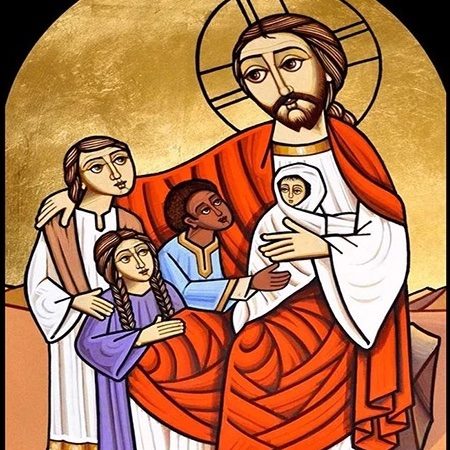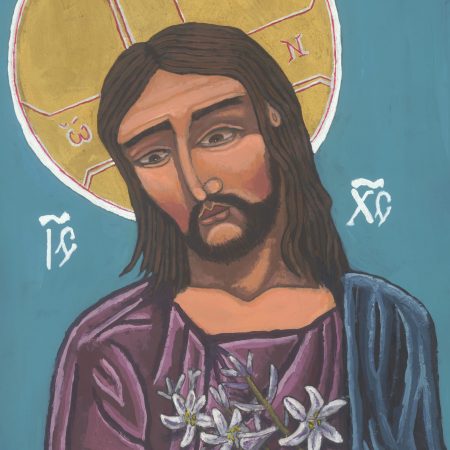Following Jesus in ministering among the needs around us is not a call to do everything ourselves.
Sermons on 1 Corinthians
The world finds the message of Jesus almost incomprehensible because it seems too simplistic and unrealistic to be taken seriously.
All that matters about God, about sin and forgiveness, and about living with integrity and freedom, flows from the human encounter with the crucified and risen Jesus.
A close encounter with God in Christ can make us paralysingly aware of our own sin and failure, but the experience of grace can transform that into a solidarity and gratitude that empowers us.
The only measure of our progress in Christian faith is our love for others, including those we are least inclined to love.
In God’s vision for humanity, every person and the role they play is valued and cared for. When society fails to live up to this, the Church is called to go against the flow and courageously champion and model it.
When our world and our hearts feel dry, cut off, and despondent, there is hope and life to be found in God’s promises.
Science, theology and reason can often lead to a sound set of ethical behavioural conclusions which then need to be set aside because, in reality, love demands something else.
Although we can’t prove that our faith isn’t another crackpot fraud, we can provide evidence by living lives of love, hope and hospitality.
The gift of tongues can be a valuable part of our private spirituality, but the needs of public worship require something more than the private intimacies of our spirituality.
Jesus calls us to unite as his body around his table, and if we come to the table without seeking that unity, we dishonour Jesus.
Jesus calls us to neither conservatism nor iconoclasm, but to a faithful reckoning with the gifts and the sins of the past as we welcome and adapt to the new.
Godly love and respect doesn’t prevent disagreements in the church community, but it should enable us to address them without having to call in the lawyers.
The biblical pictures of marriage reflect our struggle to live our way into the vulnerable intimacy and relational fruitfulness that God wants for us and with us.
Jesus demonstrates the need to reflect on our results and reject the easy success and popularity that are built on meeting basic needs.
The culture of God is emerging in our present world, confronting us with a choice – do we cling to our allegiance to the cultures that have raised us or let go of them and embrace the culture of God.
Our freedom in Christ renders the law irrelevant as a factor in our relationship with God, but we are set free to grow into union with Christ, not to fall into new slaveries.
Stories of life, worship and ministry from the new church we have helped to plant in Warrnambool, where more than half of the congregation are children.
While the final judgement of each individual is rightly left to God, we are called to ensure that we are found to be loving, merciful and trustworthy by the world around us.
The world finds the message of Jesus almost incomprehensible because it seems too simplistic and unrealistic to be taken seriously.



















